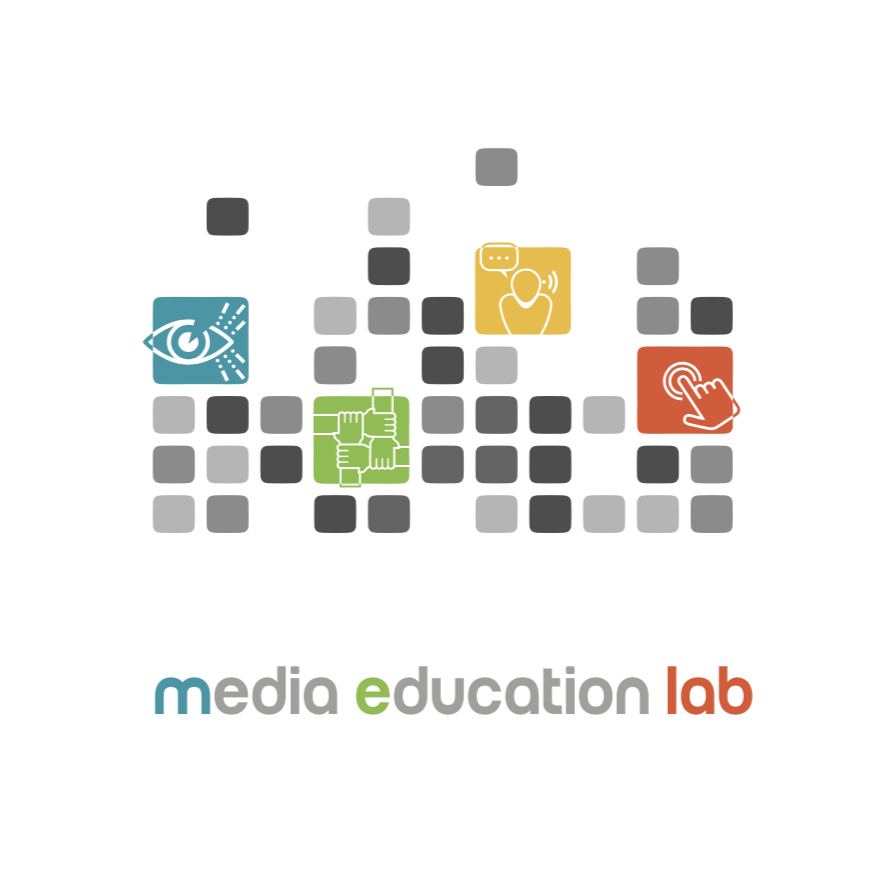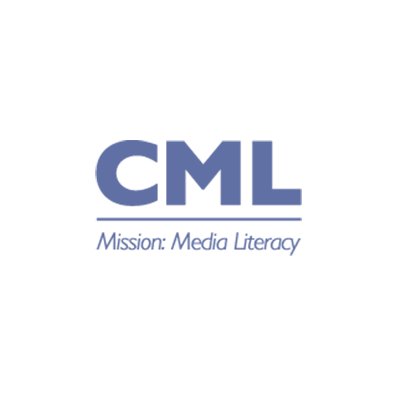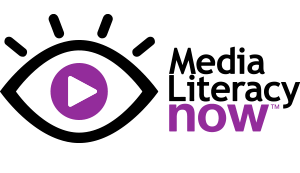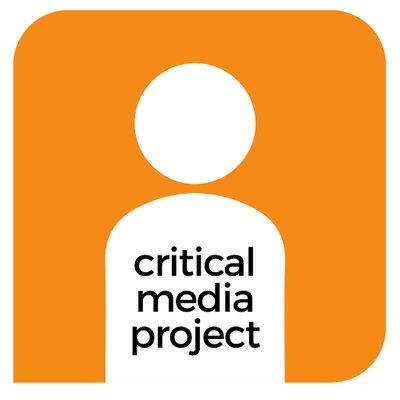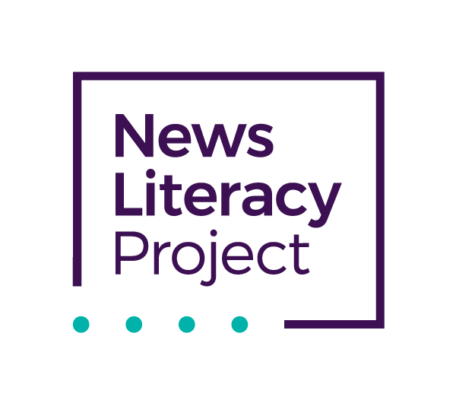Media Literacy
Starting with the 2022-23 school year, public high schools in Illinois are required to provide instruction for high school students to learn how to analyze and communicate information from a variety of mediums, including digital, interactive, audio, visual, and print.
If you would like to read more about this law, you can check out the Illinois Public Act 102-0055 here.
What is media literacy and why is it important?
Media Literacy is ‘the ability to access, analyze, evaluate, create, and communicate using a variety of objective forms, including, but not limited to, print, visual, audio, interactive, and digital texts.” (Illinois General Assembly, 2021)

Five Core Media Literacy Concepts
Click on links below to get a detailed explanation of each step of media literacy:
Access, Analyze, Evaluate, Create and Communicate (Act)
(Act is used in place of Communicate in different media literacy definitions.)
Media literacy is important for people to understand the messages that are being communicated to them. Today there are so many sources of information, and it is important for people to be able to identify reliable sources.
Resources for Teachers
Illinois Media Literacy Crosswalk of Academic Standards – This document is a collaboration of the members of the Illinois Media literacy Coalition. Connecting existing standards with requirements of the media literacy education mandate to assist school districts with implementation.
Illinois Civics Hub – Media Literacy Toolkit – DuPage Regional Office of Education website Illinois Civics Hub has a webpage dedicated to Media Literacy lessons, resources and professional development opportunities.
Illinois Media Literacy Coalition – A group of Illinois educators and scholars working to build key learning targets and goals for assisting educators and administrators with the implementing of media literacy education. The website offers resources for lesson plans and information about training/professional development opportunities.
Project Look Sharp – This is a nonprofit, mission-driven outreach program of Ithaca College. Guides, handouts, lessons by grade level, and professional development resource.
PBS Learning Media – News and Media Literacy – A collection of videos, blog articles, student handouts, lesson plans, and tip sheets for families, helps students identify, analyze, and investigate the news and information they get from online sources.
Media Literacy videos available through the Infobase online videos subscription with UHS Library.
Civic Online Reasoning – The Stanford History Education Group (SHEG) is a research and development group based in Stanford’s Graduate School of Education. In 2014, they set out to develop short assessments to gauge young people’s ability to evaluate online content. They define Civic Online Reasoning as “the ability to effectively search for, evaluate, and verify social and political information online. ” This meshes with the Media Literacy topics set out in the Illinois Media Literacy Crosswalk: Illinois Public high schools shall include in its curriculum a unit of instruction on media literacy. The unit of instruction shall include, but is not limited to, all of the following topics: (1) Accessing information, (2) Analyzing and evaluating media messages, (4) Reflecting on media consumption, and (5) Social responsibility and civics.
Edutopia – Media Literacy – Edutopia is George Lucas’s foundation dedicated to transforming K-12 education. This page has resources to help students learn to analyze, evaluate, and communicate in a world with countless media sources and constant access to powerful computers.
Read Write Think- Media Literacy – Read Write Think is a resource of free educational resource for literacy educators. This page link has media literacy lesson plans, strategies, activities, and resources.
Get Media L-I-T – This website offers a collection of free comics-based media literacy and digital citizenship lessons. Each lesson features an engaging, short comic about a superhero and either teens or tweens to illustrate a challenging digital citizenship and/or media literacy scenario (targeted advertising, cyberbullying, privacy, etc.).
Story Maker – Media Literacy Lessons – StoryMaker is a free learning platform developed by PBS NewsHour Student Reporting Labs to build the next generation of media creators. Their lesson plans and activities provide a strong foundation of storytelling and journalism skills to help students gain confidence, find their voice, and discover their place in the world.
Resources for Students
Here are some resources to help you access, evaluate and analyze resources:
Questions to Ask Yourself as you EVALUATE a source – a quick reference list of questions to ask yourself.
C.R.A.A.P. Test – C.R.A.A.P. is an acronym for Currency, Relevance, Authority, Accuracy, and Purpose used for EVALUATING resources.
Google Fact Check Explorer – EVALUATE and ANALYZE This tool collects more than 150,000 fact checks from reputable publishers from around the world.
Tin Eye – Reverse image search engine. Shows the history of an image on the internet. Useful for finding out where an image originated and is it being used correctly.
Emergent – Is it true?!? Emergent is a real-time rumor tracker. It’s part of a research project with the Tow Center for Digital Journalism at Columbia University that focuses on how unverified information and rumor are reported in the media. It aims to develop best practices for debunking misinformation.
Factcheck.org – Nonpartisan [no political affiliation], nonprofit “consumer advocate” for voters that aims to reduce the level of deception and confusion in U.S. politics. They monitor the factual accuracy of what is said by major U.S. political players in the form of TV ads, debates, speeches, interviews and news releases. Their goal is to apply the best practices of both journalism and scholarship, and to increase public knowledge and understanding.
Lead Stories – Lead Stories is a web-based fact-checking platform that identifies false or misleading stories, rumors, and conspiracies by using its Trendolizer technology to identify trending content that is then fact-checked by their team of journalists. “Just Because It’s Trending Doesn’t Mean It’s True.” (This site is run by a FOR PROFIT company).
CRASH COURSE ON MEDIA LITERACY
Want to learn more? Here is a quick 12-episode (9-12 minutes an episode) on media literacy.
These videos are a quick way to get some introductory information about media literacy.
Media Literacy Organizations
The Media Education Lab is a community of learners that builds the future of media education through dialogue, mentoring, research and advocacy.
The Media Education Lab is a community of learners that builds the future of media education through dialogue, mentoring, research and advocacy.
Center for Media Literacy’s mission is to help children and adults prepare for living and learning in a global media culture by translating media literacy research and theory into practical information, training and educational tools for teachers and youth leaders, parents and caregivers of children.
Media Literacy Now is a politically neutral advocacy nonprofit with the goal of making media literacy widely understood and accepted as an essential element in public education at the local, state, and national levels.
Critical Media Project (CMP) is a free media literacy web resource for educators and students (ages 8-21) that enhances young people’s critical thinking and empathy, and builds on their capacities to advocate for change around questions of identity.
The News Literacy Project, a nonpartisan education nonprofit, is building a national movement to advance the practice of news literacy throughout American society, creating better informed, more engaged and more empowered individuals — and ultimately a stronger democracy.
Comments, questions, or do you have a resources you would like to suggest?
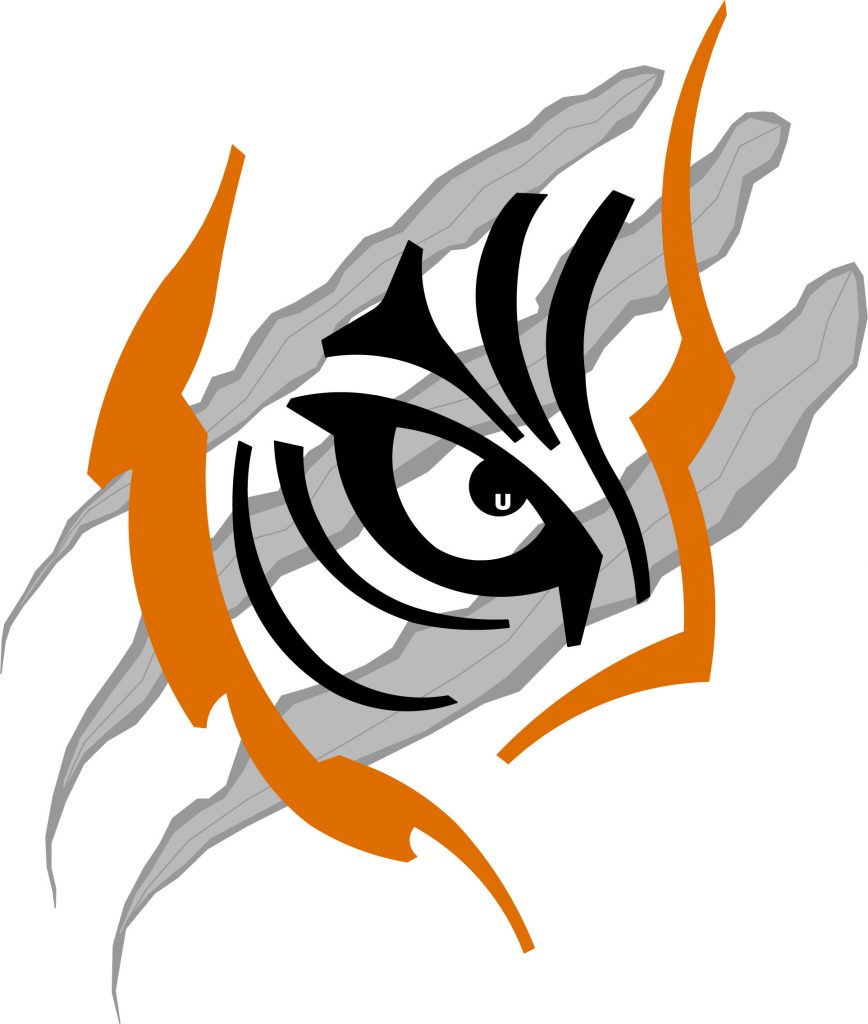
Urbana High School
1002 S. Race Street
Urbana, IL 61801
(217) 384-3505


